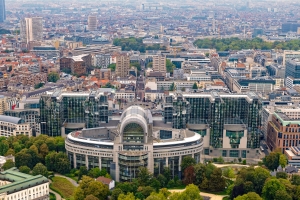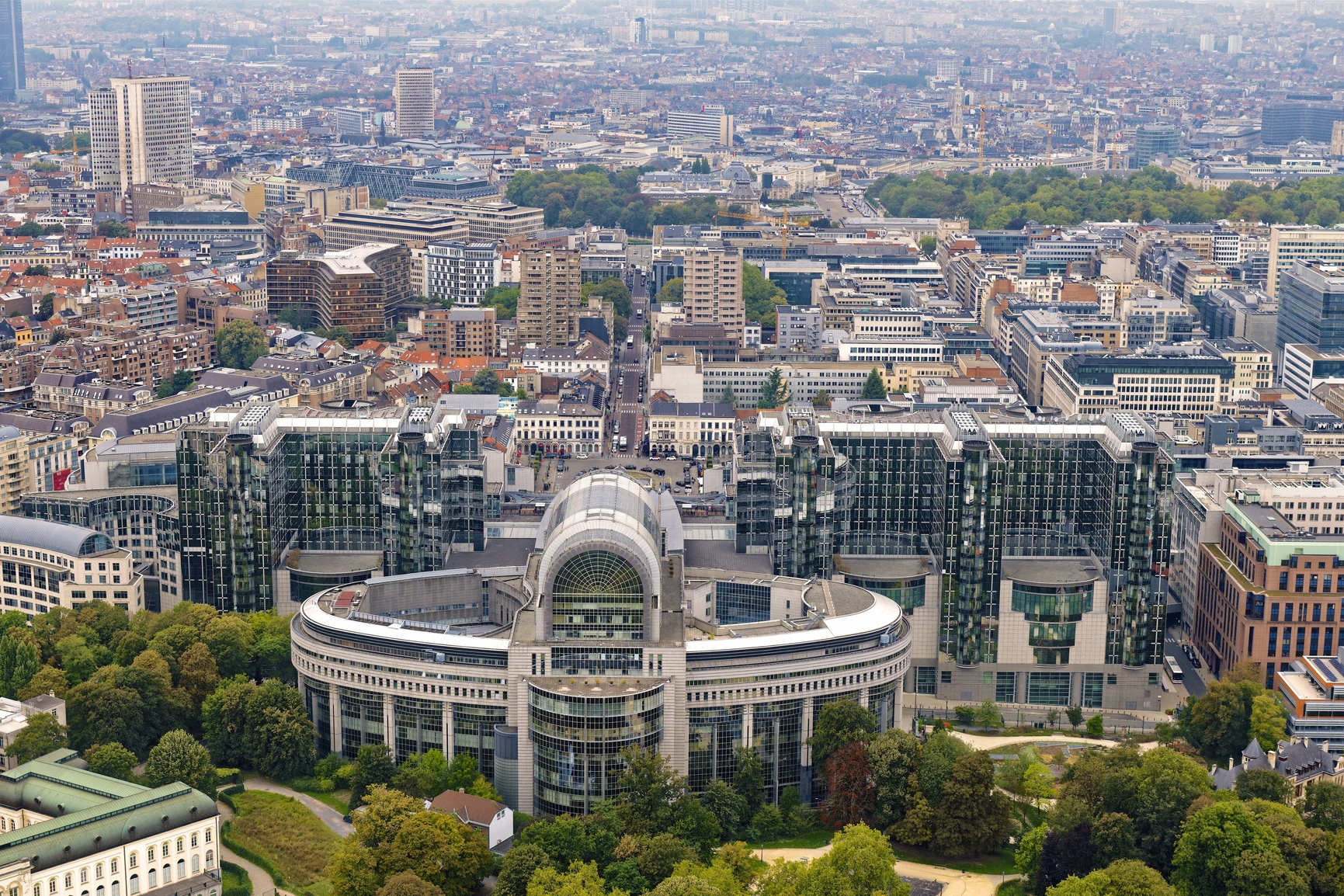Written by Clare Ferguson,
While the agenda for the European Parliament’s November I mini plenary session, to be held in Brussels on Wednesday, 13 and Thursday, 14 November, may at first glance look a little sparse, Members still have a busy week ahead, with hearings scheduled for Thursday for the three remaining Commissioners-designate.

With the three candidates’ declarations of financial interests having satisfied the Legal Affairs Committee on 12 November, the first full hearing to take place will be that of Olivér Várhelyi, candidate for the neighbourhood and enlargement portfolio (before the Foreign Affairs Committee at 08:00 on 14 November). Currently Hungary’s Ambassador and Permanent Representative to the EU, Várhelyi, a lawyer, has long experience of working on EU affairs. The hearing before the Transport and Tourism Committee for Adina Vălean, a long-standing (since the country’s accession in 2007) Romanian Member of the European Parliament and the current Chair of the Industry, Research and Energy Committee, follows at 13:00. Candidate for the transport portfolio, Vălean has experience, as rapporteur, of related files, such as the e-Call legislation and Connecting Europe Facility. At the same time, the hearing for Thierry Breton, an accomplished businessman, academic and author and the French candidate for the internal market portfolio, will take place before the Internal Market and Consumer Protection, and Industry, Research and Energy committees jointly. Should the respective committees agree that the three Commissioners-designate are ready to take up these portfolios, a vote in Parliament’s plenary to confirm the 2019-2024 Commission as a whole would be expected to take place in Strasbourg on 27 November, allowing the von der Leyen Commission to take office on 1 December, one month later than planned.
As the previous Commission meanwhile continues as a caretaker administration, little new business is arriving with Parliament for scrutiny. Nonetheless, Parliament will still consider some highly topical issues. The first of these is scheduled for Wednesday afternoon, when Parliament will mark the 30th anniversary of the fall of the Berlin Wall in the presence of Wolfgang Schäuble, the President of the German Bundestag. The swift reunification of the German nation, which took less than a year, was followed closely by the European Parliament of the time. The former German Democratic Republic was able to integrate into the European Economic Community through a special procedure, with a Temporary Committee set up by Parliament. That committee emphasised the opportunities of German reunification to foster greater European integration, to prevent undermining of the single market, and to take the wider context of relations with central and eastern Europe into account, all of which remain key issues for the EU today.
Members will also mark the 30th anniversary (on 20 November) of the United Nations Convention of the Rights of the Child on Wednesday (and will vote on a resolution during the November II session), with Council and Commission statements on EU action in this field. The convention was the first international treaty to recognise children as human beings with innate rights. Since its entry into force in 1990, conditions for children have improved, but child poverty in the EU remains a reality, especially for disadvantaged groups, and the EU is helping to tackle child poverty under the Europe 2020 strategy. Nevertheless, children’s rights are also a priority issue in EU external action, where following up on the UN Sustainable Development Goals means placing a fundamental emphasis on healthy, well-nourished and protected children as the basis for a long-term sustainable society. Migrant families are often among those groups where children are disadvantaged, and migration to the EU returns to the Parliament agenda on Thursday morning, with Council and Commission statements on the situation of migrants in Bosnia and in the hotspots on the Greek islands.
Finally, the outgoing Vice-President of the Commission/High Representative of the EU for Foreign Affairs and Security Policy, Federica Mogherini, is due to make a statement on Turkish drilling activities in EU waters in the Eastern Mediterranean. An increase in offshore gas exploration and exploitation in the region has long been predicted, but dispute has arisen between Cyprus and Turkey regarding drilling in the Cypriot economic exclusion zone.








Be the first to write a comment.